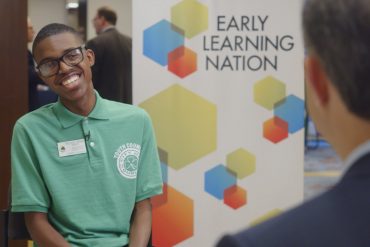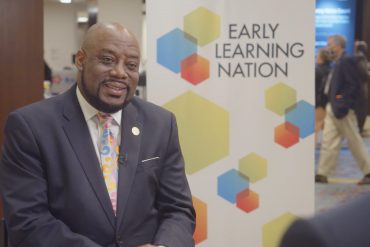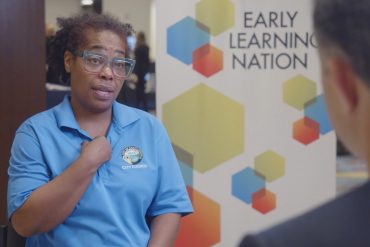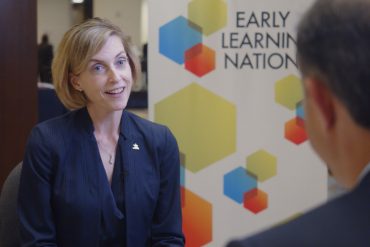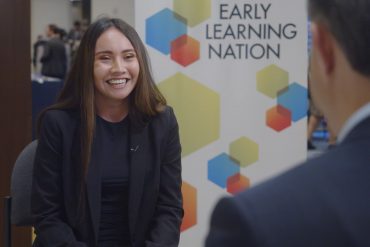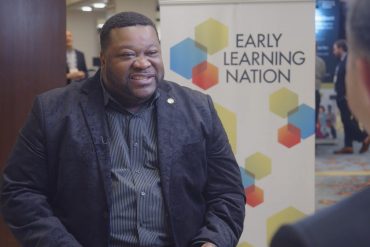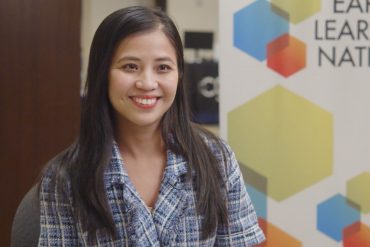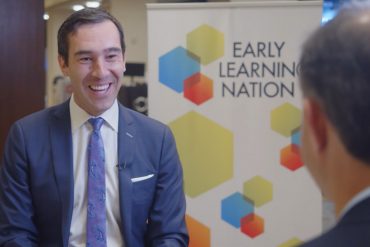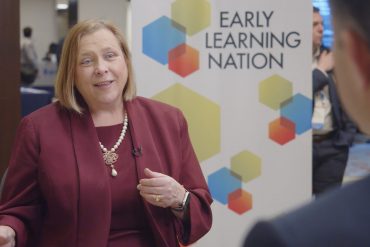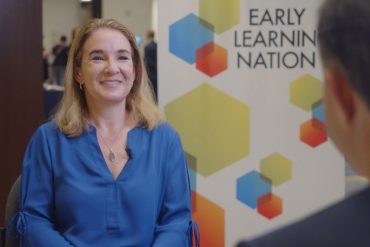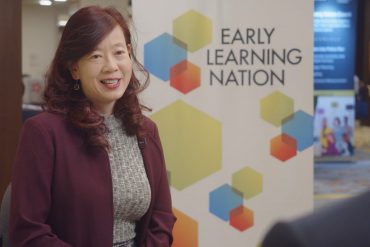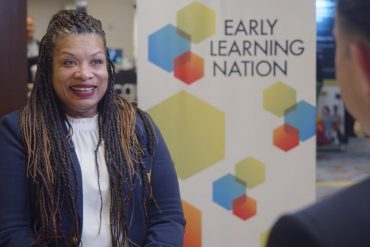As the City of Dublin (GA) Youth Council Mayor and a NLC Youth Leader, Darrius Knight is working to help adults and youths better understand each other. The key is communication. He also advocates for prison reform.
Covid arrived and, suddenly, every parent became a teacher. Savannah (GA) Mayor Van Johnson sees the positive: the ability for all of us to better support teachers. Mayor Johnson also sees the need to make up for lost time, and the importance of ensuring that early learning occurs everywhere, from classrooms to churches. That’s why his message to parents is straightforward: childhood learning is “a lifetime investment. It's not a sprint, it's a marathon. It's a four-quarter game.”
Demetrus Coonrod’s path to Chattanooga’s City Council had obstacles, including time in prison. But her personal journal also serves as a guiding path for others, showing the power of resilience, belief in oneself and education.
As part of what’s called “cradle to career,” Arlington (TX), like many communities, is working to ensure its approach to learning leads to a well-educated workforce. As Mayor Pro Tem Victoria Farrar-Myers explains, that discipline starts with early learning, as young as zero to three, and the Arlington Tomorrow Foundation.
As an NLC Youth Representative and a member of the Brighton (CO) Youth Commission, Giana Rocha partners with adult leaders to help youth access the tools they need to be involved and make change. One area for impact: Helping peers with mental health issues know that support is always there.
Willie Lightfoot is a Rochester (NY) City Councilmember. He’s also a longtime barber. And it’s in both roles that he has made an impact on early learning. As Lightfoot explains, the time when a child waits for a haircut makes for an outstanding opportunity to read. It’s just one of the lessons one can take from Lightfoot’s chair, including his common reminder to be positive.
Strong communities begin with strong families. For many new parents, the challenges of parenting can be daunting. As Huong Vu, Family Engagement Specialist at the Boys and Girls Clubs of Dorchester (MA), explains, the group helps parents recognize that they “should be valued as the first teacher of the child and the expert in their own life.”
Like many urban centers, Baltimore has seen its share of violence. And incarceration. That’s just one reason why City Councilmember Zeke Cohen feels that the way to help people build strong lives begins not when they’re adults, but as children. As Cohen says, “We either invest early on where we know every dollar we spend in the high quality early learning space pays huge dividends down the road or we pay for it on the back end.”
Kathy Maness has observed and engaged in education from many directions: as a teacher, executive, NLC President, Lexington (SC) City Councilmember and a parent. She knows how difficult Covid has been on early education, including young learners who had to start school without entering an actual classroom. That’s among the reasons Maness calls for local elected officials and communities to lift up their teachers to provide the support needed to build America’s early learning programs to full strength.
One way to improve education: communication. For Pinecrest (FL) Vice Mayor Katie Abbott, that means not only regularly connecting with the school board, but also with students. Abbott co-coordinates the Pinecrest Youth Advisory Council, a group of 24 students in grades 8-12 across public and private schools who engage in government, volunteering and education, tackling issues from the environment to preparing for college.
As Fremont (CA) Mayor Lily Mei notes, for four of the past five years, Fremont has been listed as the happiest city in the U.S. The city also boasts incredible diversity, drawing families across multiple backgrounds and a range of languages. One area where that diversity pays off is in education. With some 35,000 kids and 42 schools, Fremont has focused on building new early learning centers, high-ranking schools and equitable access, including with special-needs pre-K programs.
One of the Kelly Allen Grey’s first actions as a Fort Worth (TX) City Councilmember was to secure a children’s library for her district. That success was just one part of her journey to help drive racial equity in education, starting with early learning. As Grey says: “It takes all of us, even in our uncomfortableness in talking about race and equity, to make sure that we're doing the right thing.”


